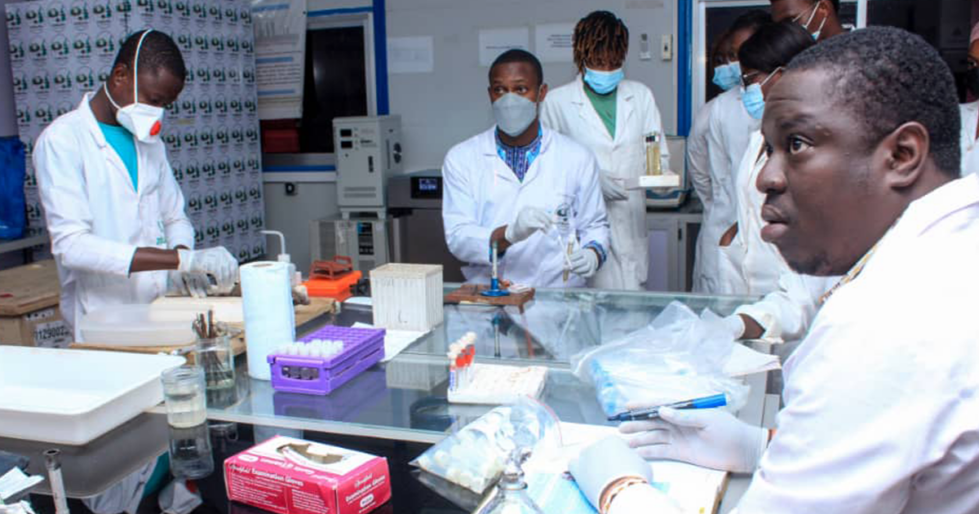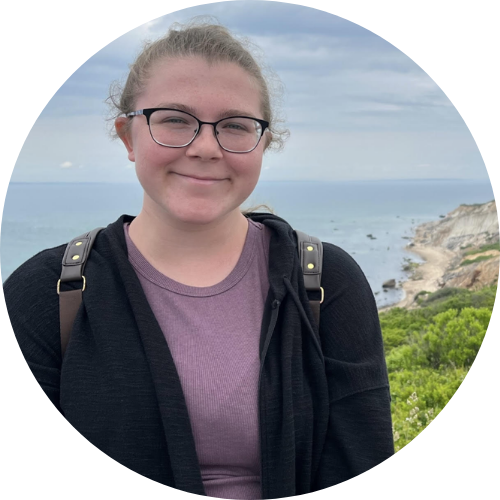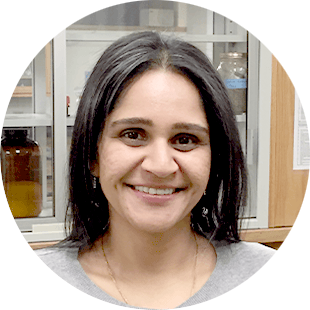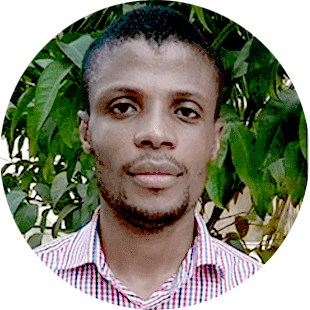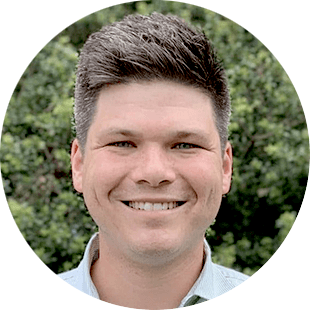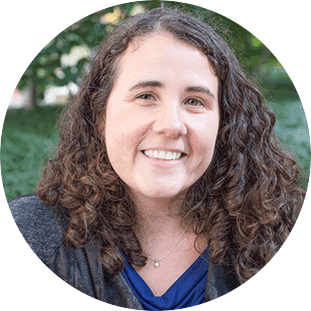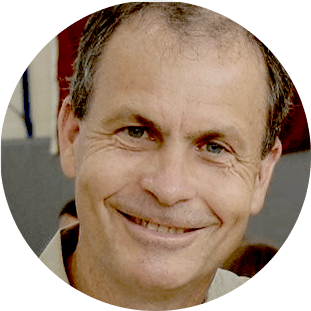Pictured above: Thanks to Instrumental Access, faculty members at the Université d’Abomey-Calavi have dramatically increased their output of research and publications with additional lab infrastructure in place.
In a year when access to labs was minimal, when daily life was (and continues to be) upended, it is almost impossible to maintain a rigorous, scientific workflow. But not for Victorien Tamègnon Dougnon, PhD, pictured at right.
“I see obstacles as opportunities,” says Dr. Dougnon, a lecturer in the Department of Human Biology at Benin’s oldest university, the Université d’Abomey-Calavi (UAC). “I took this time to work on my projects, to work on my research activities, and I can say that the last two years were very very productive.”
And his persistence is getting noticed. In April, he was recognized with the 2020 Young African Researcher Award, an honor given by the Academy of Scientific Research and Technology of Egypt.
The award comes as Dr. Dougnon has expanded his duties. As a leading scientist in the multidisciplinary Research Unit in Applied Microbiology and Pharmacology of natural substances, Dr. Dougnon focuses on the surveillance of antimicrobial resistance in humans and animals.
In August 2020, his lab was outfitted with more than 3 tons of Instrumental Access equipment, helping transform his workflow into a highly productive, award-winning stream of quality research. With a newly expanded technical capacity for DNA extraction and analysis, Dr. Dougnon could complete a slate of projects related to his studies of antimicrobial resistance.
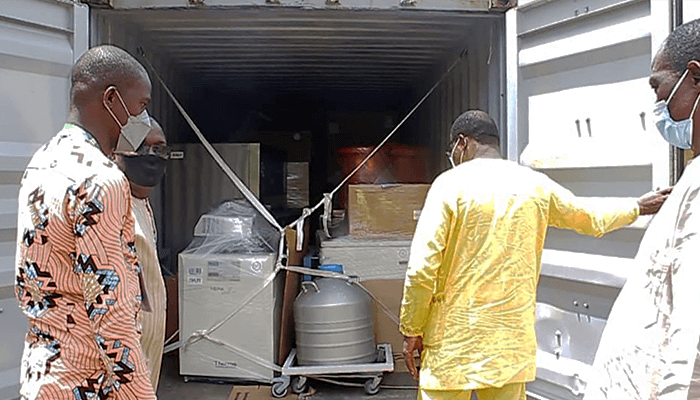
His research is already finding paths forward to improve the health of children in Benin and beyond. In a recently published article, Dr. Dougnon and his colleagues at UAC analyzed local plants that are traditionally used to treat diarrhea in children. Diarrhea is the second leading cause of death in children younger than 5 worldwide. According to the World Health Organization, diarrheal disease is responsible for half a million deaths among these children each year.
By analyzing local antidiarrheal plant-based medicines, Dr. Dougnon and colleagues can tell if these traditional cures contain harmful compounds as well, potentially bringing some scientific certainty to these life-threatening situations.

Dr. Victorien Dougnon
Université D’Abomey-Calavi
In addition to ensuring that these medicines are safe for children to consume, Dr. Dougnon is furthering the mission of his research unit at UAC: fighting antibiotic resistance. These same traditional medicines are also full of potential to fight bacterial infections, and Dr. Dougnon is ready to see what potential they have for stemming the spread of antimicrobial resistance.
“We are now able to explain how these medicinal plants work because Instrumental Access equipment has enhanced our capability to perform tests in our lab on campus,” says Dr. Dougnon. “It is a big support for us in Africa. In this country, where research facilities are not so well funded, we appreciate the support that Seeding Labs offers.”
